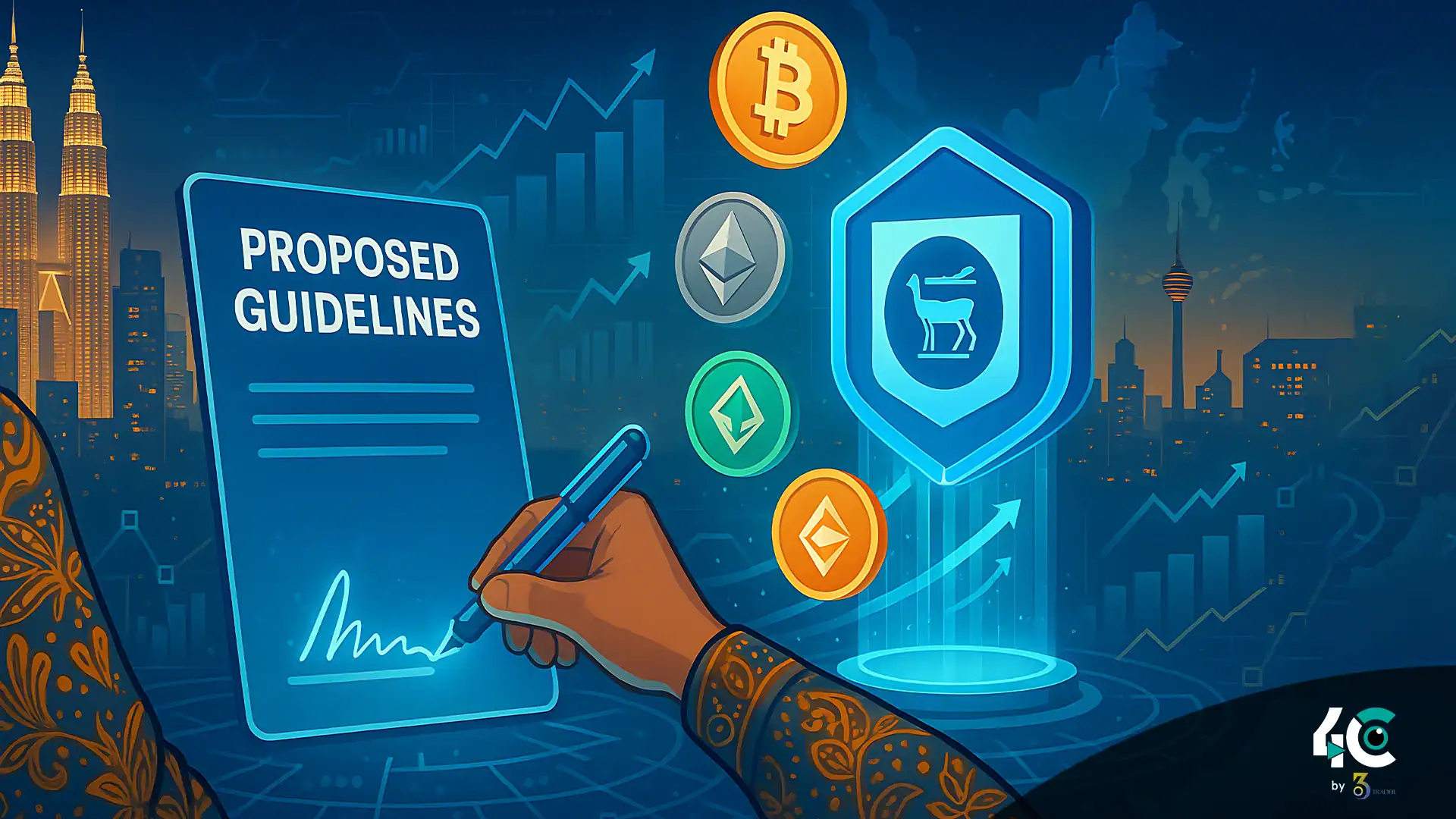Malaysia is planning cryptocurrency regulation modernization, according to the deputy finance minister. According to Securities Commission Malaysia (SC), a significant update to the Digital Asset Framework has been proposed, which is expected to allow easier listing of certain cryptocurrencies for exchanges while also enhancing protections for investors and governance standards.
Sometime this week, the proposal presents a more flexible structure to list digital assets. The new guidelines will allow exchanges to list altcoins that meet certain criteria without direct regulatory approval for each asset. As per the new rules, any project submitting a token to the Huobi Token (HT) will have to have a security audit with public results and a minimum trading period of one year on an FATF-compliant exchange.
The SC said that this change will help to “speed up the time-to-market, enhance exchange accountability and broaden the offering of digital assets.” These changes impose a duty on exchanges, which is to only list qualifying tokens.
However, not all tokens will get a free pass. The SC is now consulting the public and the industry on whether the framework should include some higher-risk assets. These cryptos include privacy coins like Monero, meme coins based on current trends, and utility tokens with low demand. To date, regulators are wary of these categories due to the concerns of increased volatility, lack of transparency and being used for illegal purposes.
Apart from the listing process, the proposal proposes stricter rules for asset custody and exchange governance. The SC advises exchanges to maintain a minimum of 90% of their customer assets in cold wallets, which is essentially money that is stored offline, while the remaining 10% can be held in hot wallets, which are fully collateralized. The goal is to lessen the odds of hacks or financial mismanagement.
Digital asset exchanges would have to adopt governance policies for even better protection of customer funds. Wallet management should have procedures in place to prevent loss or misuse of assets, to enable rapid repayment in the event of insolvency, and to have a senior officer based in Malaysia who will oversee wallet operations.
Parties that manage other people’s assets must establish a formal arrangement with a custodian approved by SC.
The SC has opened a public consultation on the proposed changes that is open until August 11. This is in line with their priority to ensure the balance between innovation and regulation to ensure Malaysia’s digital asset market is more efficient, secure, and investor-friendly.
More and more people globally are invested in cryptocurrencies. Thus, Malaysia’s effort may lead to a more vibrant but controlled crypto ecosystem. Most importantly, Malaysia wants to create a balance between innovation and security, compliance and engagement.



























